Priština’s actions “response to Belgrade’s moves”
Kosovo Albanian FM Enver Hoxhaj claims Priština had to send police to the administrative checkpoints because the Serbian delegation abandoned talks in July.
Friday, 02.09.2011.
11:23

Kosovo Albanian FM Enver Hoxhaj claims Pristina had to send police to the administrative checkpoints because the Serbian delegation abandoned talks in July. Hoxhaj told this to Paris-based daily Le Monde. Pristina’s actions “response to Belgrade’s moves” When asked why the Pristina authorities had sent police to the Brnjak and Jarinje administrative crossings and “to everybody’s surprise made a move that caused Europeans’ rage at the moment when it looked like the talks with the Serbs in July were making progress”, he said that the Kosovo authorities did this as “a return measure because they could not export (goods) to Serbia for three years”. Hoxhaj also added that “this was not about the money but about principles”. According to him, “the EU and the UN recognize Kosovo’s customs stamps that Belgrade has rejected” and the Pristina authorities “informed (EU facilitator) Robert Cooper on July 22 about their determination to apply reciprocity”. When asked whether Pristina requests abolishment of Serbia’s “parallel structures” in the north, the Kosovo foreign minister said that “Serbia has spent EUR 6bn in 12 years to keep control over northern Kosovo and the existing situation”, stressing that “all security structures, police and intelligence services should be abolished”. “Hospitals and schools should be financed by the Republic of Kosovo, not Belgrade,” he was quoted as saying. Hoxhaj added that “Serbs in the north should be allowed to integrate themselves in the Kosovo institutions”. He pointed out that Pristina wanted to integrate Serbs “in accordance with the Ahtisaari plan”. When asked “whether the consequences of the July crisis will be raising the issue of northern Kosovo’s status”, the Kosovo foreign minister said that “it would be better if all those who are coming out with proposals for the status of the north read Ahtisaari’s plan, it’s all in there”. According to him, the plan “gives wide right to the local Serbs, that not a single minority in Europe has”. When asked whether he believed that Serbia had made positive steps toward normalization of relations, Hoxhaj said: “I am very concerned when I hear some Serbian officials talk about Kosovo and the region, I don’t know whether the year is 1999 or 2011”. “Serbs need to modernize their country and economy, Serbian politicians don’t realize they are freezing their entire country by trying to create a frozen conflict in northern Kosovo,” he was quoted as saying. Enver Hoxhaj (Deutsche Welle)
Priština’s actions “response to Belgrade’s moves”
When asked why the Priština authorities had sent police to the Brnjak and Jarinje administrative crossings and “to everybody’s surprise made a move that caused Europeans’ rage at the moment when it looked like the talks with the Serbs in July were making progress”, he said that the Kosovo authorities did this as “a return measure because they could not export (goods) to Serbia for three years”.Hoxhaj also added that “this was not about the money but about principles”.
According to him, “the EU and the UN recognize Kosovo’s customs stamps that Belgrade has rejected” and the Priština authorities “informed (EU facilitator) Robert Cooper on July 22 about their determination to apply reciprocity”.
When asked whether Priština requests abolishment of Serbia’s “parallel structures” in the north, the Kosovo foreign minister said that “Serbia has spent EUR 6bn in 12 years to keep control over northern Kosovo and the existing situation”, stressing that “all security structures, police and intelligence services should be abolished”.
“Hospitals and schools should be financed by the Republic of Kosovo, not Belgrade,” he was quoted as saying.
Hoxhaj added that “Serbs in the north should be allowed to integrate themselves in the Kosovo institutions”.
He pointed out that Priština wanted to integrate Serbs “in accordance with the Ahtisaari plan”.
When asked “whether the consequences of the July crisis will be raising the issue of northern Kosovo’s status”, the Kosovo foreign minister said that “it would be better if all those who are coming out with proposals for the status of the north read Ahtisaari’s plan, it’s all in there”.
According to him, the plan “gives wide right to the local Serbs, that not a single minority in Europe has”.
When asked whether he believed that Serbia had made positive steps toward normalization of relations, Hoxhaj said: “I am very concerned when I hear some Serbian officials talk about Kosovo and the region, I don’t know whether the year is 1999 or 2011”.
“Serbs need to modernize their country and economy, Serbian politicians don’t realize they are freezing their entire country by trying to create a frozen conflict in northern Kosovo,” he was quoted as saying.











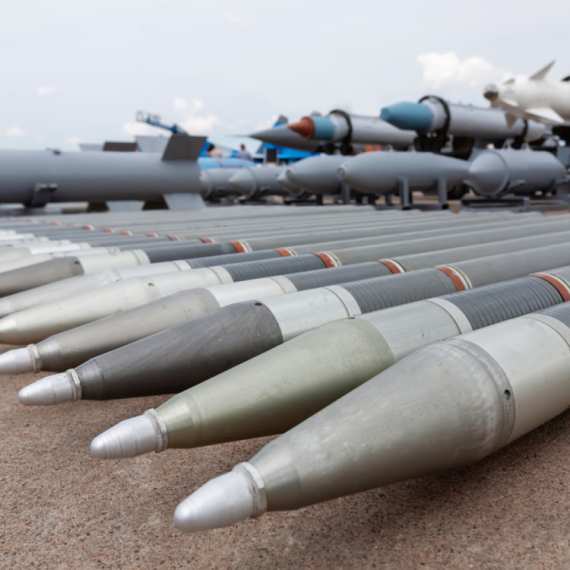



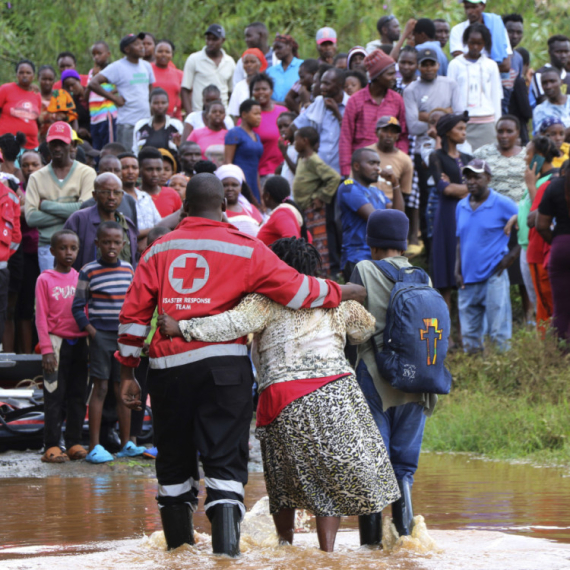
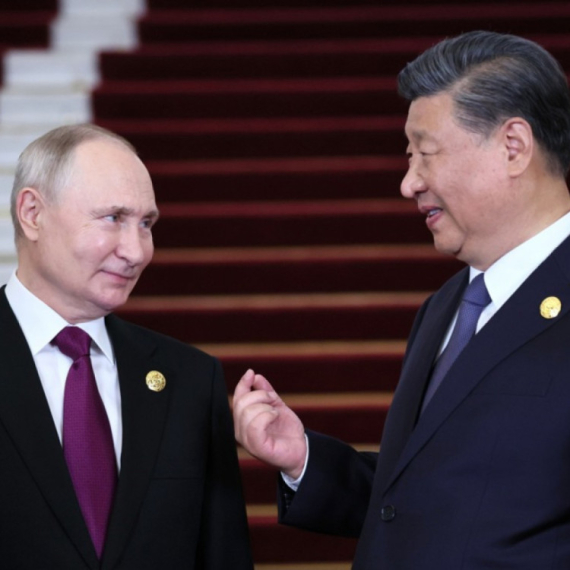
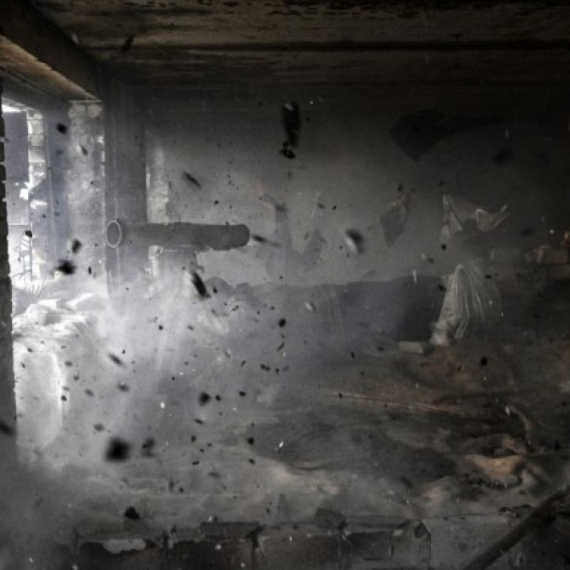
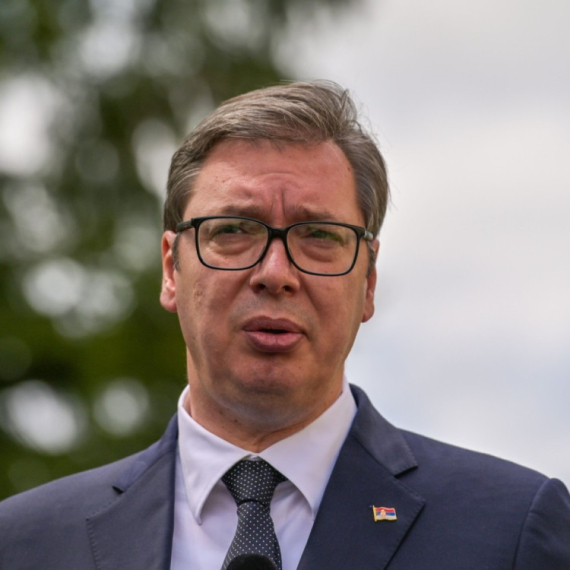

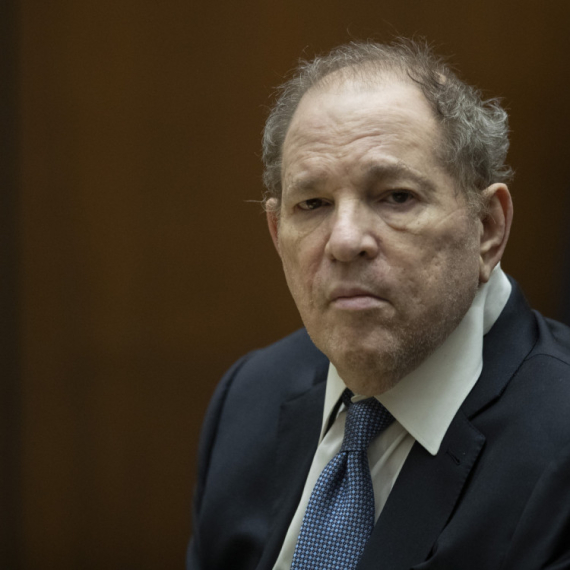



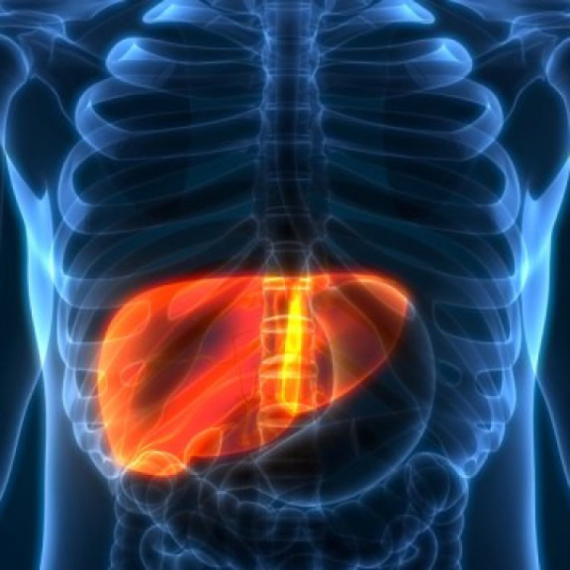


















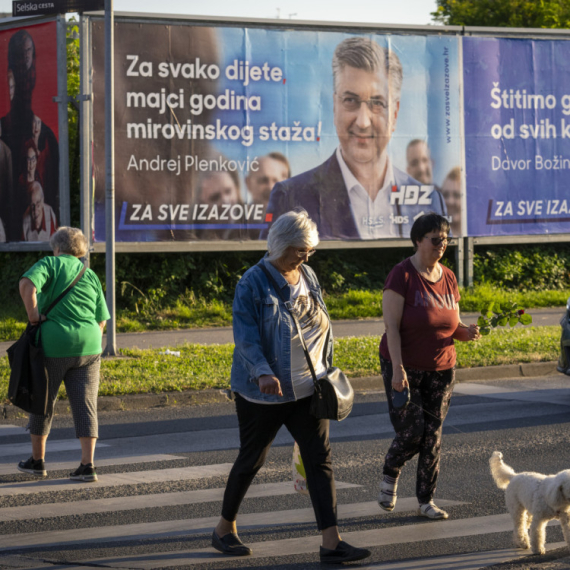





Komentari 14
Pogledaj komentare